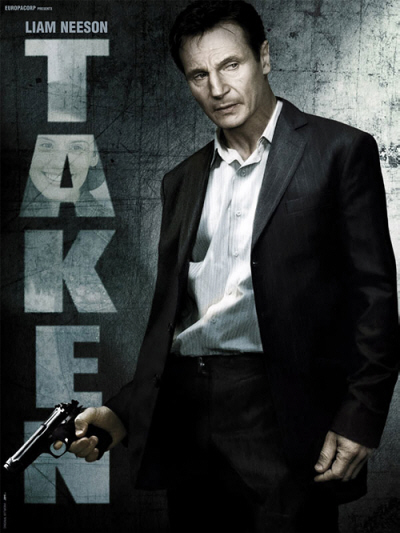Late to the Party: Breach
 Billy Ray, the writer-director of Breach and the excellent Shattered Glass, has already carved out a very specific niche for himself. His tightly-wound, politically-engaged movies - not quite meditative enough to be character studies, not quite quick-paced enough to count as thrillers - are shockingly well-crafted, but don't quite qualify as either box-office candy or Oscar-bait (although they should - but I'll get to that in a moment.)
Billy Ray, the writer-director of Breach and the excellent Shattered Glass, has already carved out a very specific niche for himself. His tightly-wound, politically-engaged movies - not quite meditative enough to be character studies, not quite quick-paced enough to count as thrillers - are shockingly well-crafted, but don't quite qualify as either box-office candy or Oscar-bait (although they should - but I'll get to that in a moment.)Breach is a step-by-step recounting of the takedown of FBI mole Robert Hanssen (Chris Cooper), a computer and information expert who sells state secrets for over $1.4 million to the Russians over a 25-year period. It's told almost exclusively from the point of view of Eric O'Neill (Ryan Phillipe), an agent-in-training who is assigned by a superior (Laura Linney) to shadow Hanssen (under false pretenses) and gather information about his activities. The atmosphere of the movie is a ferocious bummer - half-lit D.C. skies, dank basement offices, fluorescent lights that make everyone look pale and mottled. As with Shattered Glass, Ray creates an atmosphere where mistrust sits like a sticky film on top of everything surrounding Hanssen.
One common problem between both of Ray's movies is a lead actor who can't quite rise to the level of the excellently-written material. Hayden Christensen struggled admirably against his characteristic blandness in Shattered Glass; as disgraced New Republic writer Stephen Glass, he came quite close to capturing a sense of relentless momentum in the face of moral unmooring. Phillipe doesn't fare quite so well. I like his choices as an actor, which have generally been bold and interesting, but here he's a bit blank. In numerous scenes he plays with Cooper, his covering-up lies are so confidently asserted that there isn't any sense of his character's fight to stay afloat in unstable waters.
Cooper, on the other hand, is a godsend. In his hands, Hanssen is as unsettling a cinematic creation as I've ever seen. The true story is more than enough material for any actor to work with - Hanssen was a fiercely conservative Catholic affiliated with Opus Dei, and a porn addict who filmed sexual encounters with his wife and sent them to his friends; a self-styled patriot given to pointing out his own self-abnegations in the service of his country, and an egomaniac willing to sell out secrets and livees in order to prove his own importance. In a lesser actor's hands, this would come off as a multiple-personality disorder. Cooper, though, swallows this toxic, contradictory brew, and never lets too much out. His contempt and resentment (and intelligence) are written across his lemon-puckered face.
In many ways, Breach will service not as a defining movie of the Cold War (where, indeed, Hanssen's worst violations occurred), but of the Bush administration. The landscape of cynical, gun-obsessed company men, sneering at the simpletons working below them, seems to me a richer evocation of the world seen through Dick Cheney's lenses than any straight recounting of that era could possibly give.

